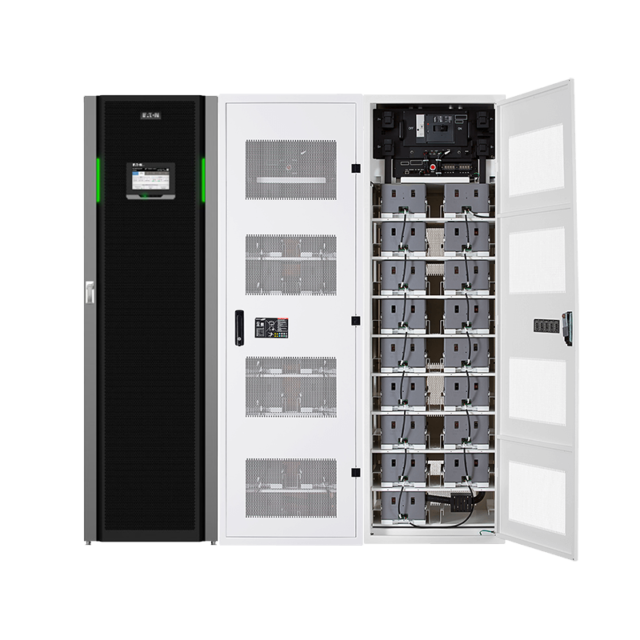
Increasing UPS battery lifespan is essential to ensure that your backup systems run at optimal health. The battery is the most vulnerable part of any UPS and battery failure is the most common cause of load loss. When batteries are not maintained properly, it becomes very difficult to extend their lifespan. This can result not only in costly downtime but also in a higher risk of data loss and other issues. However the UPS is used, UPS batteries are not made to last forever. With that said, there are a few factors that can affect UPS battery health and ensure that they maintain power as long as possible.

Biggest Factors Affecting UPS Battery Lifespan
Ambient temperature
Positive grid corrosion
Cycling
Maintenance
Storage
Some of the primary factors influencing UPS battery longevity include the following:
The rated capacity of the battery is set according to an ambient temperature of 25°C. Any temperature that is higher than this can influence battery life and hamper performance. As a general rule of thumb, the lifespan of the battery drops by 50% for each temperature increase of 8.3°C over the ambient temperature of 25°C.
Another key factor affecting battery longevity is positive grid corrosion. This is a common issue that can very quickly kill batteries. It is caused by a normal aging process within the chemistry of the battery. The inner segments of the battery’s positive grid erode gradually, eroding the battery in the process.
When the UPS switches to the battery in the event of power loss, the battery needs to recharge to be used again. This is known as the discharge cycle. The battery runs at 100% of its rated capacity on installation. With each discharge and recharge, the capacity of the battery is slowly reduced. Eventually, battery cells fail and the battery will need to be replaced.
Battery maintenance plays a vital role in overall UPS reliability. Over time, the battery lifespan will slowly decrease. Monitoring helps to identify and proactively fix or maintain problems ranging from loose connections to corrosion or faulty batteries. Regular maintenance helps to reduce risks such as heat-generating resistance, faulty loading, premature failure, and resultant downtime or UPS failure.
The final factor to keep in mind is proper storage. This is essential to be sure that the battery is stored properly before its installation. Without proper storage, it will be far harder to increase service life and reliability and prevent reduced runtimes and capacity. Storage should be climate-controlled and ventilated to ensure that the battery stays cool and dry. On average, batteries should be kept in storage no longer than six months, in a specially designed storage facility.
With proper care, monitoring, maintenance and storage, you will be able to get the full lifespan of your UPS battery, ensuring that your UPS systems operate at their fullest.
Learn how Eaton is powering businesses & homes everywhere and can help you setup a proper UPS system and infrastructure.

© Copyright 2024 Tarsus Distribution